Explore the dynamic world of Open Educational Resources and discover how OER Africa is driving the movement forward. This page is divided into two sections:
Articles: Our articles aim to deliver insights on OER-related themes that inform, spark conversation, and engage with the developing open education landscape, with a particular focus on Africa.
Updates: Below, the articles, you'll find updates on OER Africa’s latest initiatives, activities, and contributions to the OER community.
Articles
This section features targeted articles crafted specifically for educators, students, and the global Open Educational Resources (OER) community. The articles examine themes related to OER, offering insightful perspectives and information. The content seeks to inform, prompt discussion, and actively engage with the dynamic landscape of open education, particularly within the African context.
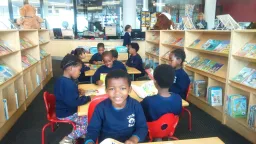
This week (14-20 March 2022) is South African Library Week. In 2001, the Library and Information Association of South Africa (LIASA) established Library Week for all types of libraries in South Africa to market their services and create awareness of the important role that libraries play in a democracy.
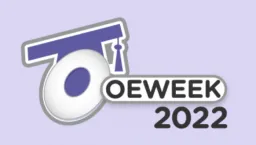
Every year, the team at OER Africa looks forward to Open Education Week (OE Week). This year is no different, as we prepare ourselves to engage with this vibrant community and participate in the many diverse activities on offer. Launched in 2012 by Open Education Global, OE Week is a collaborative, community-built open forum. It raises awareness about open education and highlights innovative open education successes worldwide.
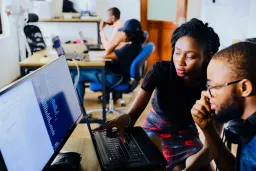
Assessment always has a purpose. We need to be clear on that purpose in our learning design work. But that purpose can vary. In this article aimed at educators, we explore assessment of, for, and as learning to think about the purpose of assessment and to help us think about integrated summative assessment.
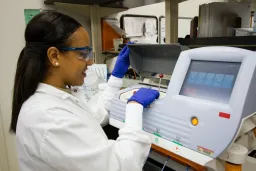
You may have seen ArXiv pop up in your science-related or open access repository searches. ArXiv is an open access repository for pre-prints and post-prints that have been moderated but not peer reviewed.

Are academics at your institution struggling to find the time and space to invest in their own continuing professional development (CPD)? With so many competing priorities, many academics find it difficult squeeze CPD in among their other daily responsibilities.
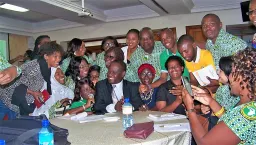
In this week’s article, Leanne Rencken delves into the ongoing collaboration between the African Library and Information Associations and Institutions (AfLIA) and OER Africa. OER Africa has developed three learning pathways, as part of its grant from the William and Flora Hewlett Foundation, and, along with AfLIA, is piloting them with university and academic librarians on the continent.
Updates
This section provides updates on OER Africa’s initiatives and activities. Stay informed about our contributions to the OER community and how we are driving the open education movement forward.

The COVID-19 pandemic has affected 363 million learners worldwide (UNESCO, 2020). The Commonwealth of Learning's (COL’s) experience shows that open, distance and online learning, if done well, can have the same outcomes as campus education without requiring teachers and learners to be in the same place at the same time. COL has compiled a selection of resources and tools as a first response to this crisis.

The eLearning Africa Report 2019 is a leading source of news, information, and analysis about ICT, EdTech, digital technology, learning and development.
The Report looks at the state of education, training, development and technology at this moment of unparalleled change.
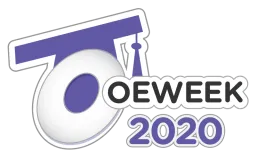
Founded in 2013 by the Open Education Global (previously Open Education Consortium), the goal of Open Education Week is to raise awareness and showcase impact of open education on teaching and learning worldwide. Open Education Week has become one of the most foremost global events recognizing high achievement and excellence in open education.
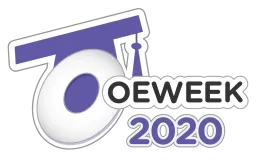
Open Education Week (OEW) aims to raise awareness and showcase the impact of open education on teaching and learning worldwide. It spotlights amazing work from over a dozen categories including live, face-to-face events, webinars, projects, and resources.

This report assesses students’ access to educational materials in select institutions within Commonwealth countries. The findings indicate that learners are now engaging with a complex ecosystem of learning materials, both print and digital, in a multitude of differing forms and formats, with various terms of use and durations of sustained access.
